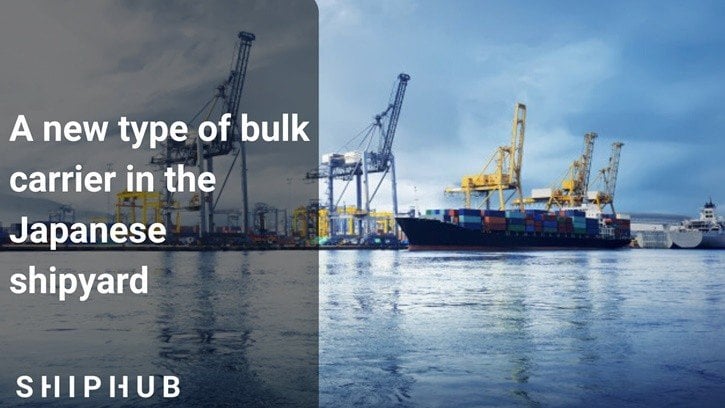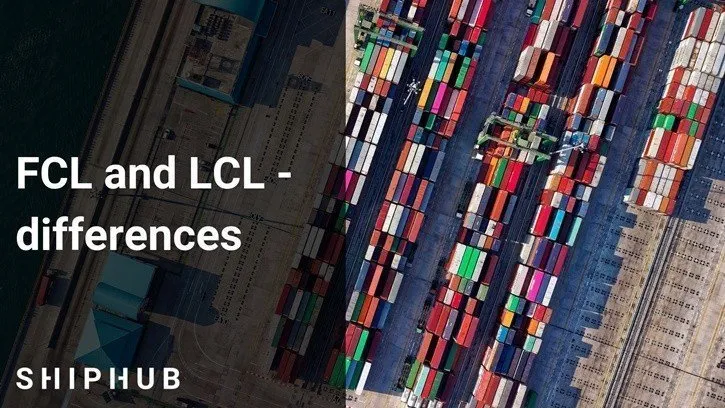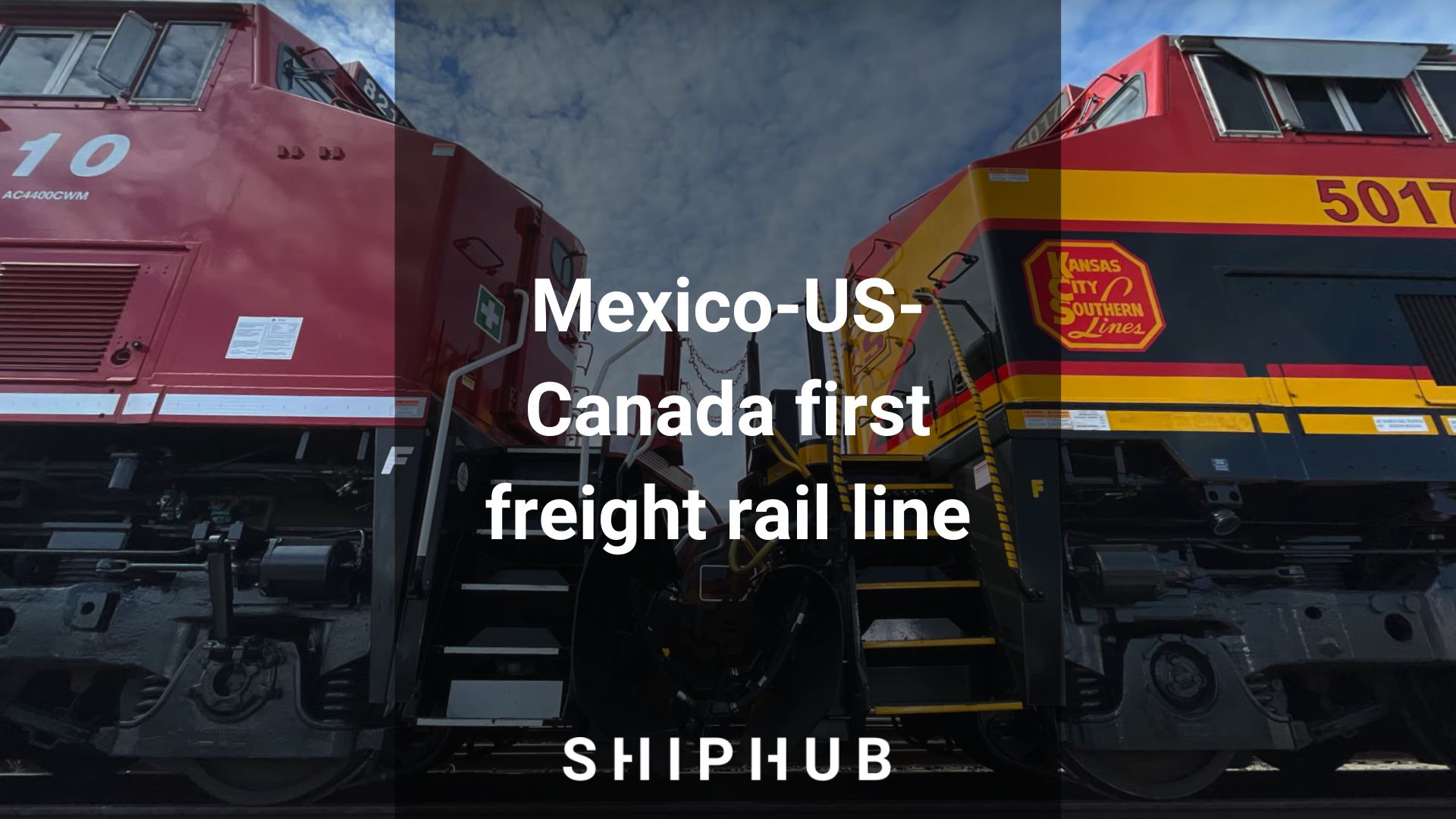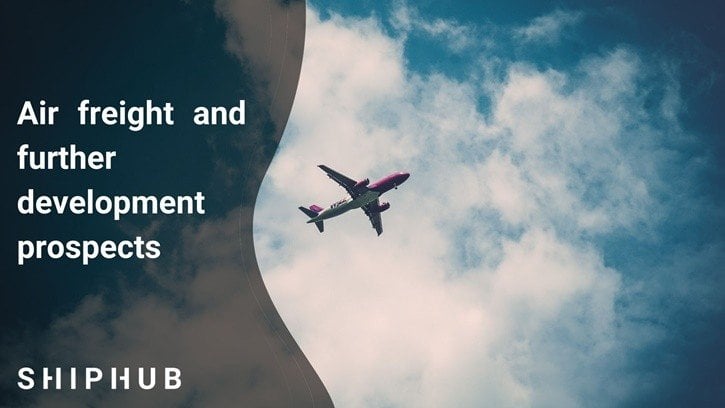There are many types of companies in the transport, forwarding, and logistics sectors, such as freight forwarders, carriers, and logistic companies. The activity scope of the companies may overlap, but there are some differences. This article will look at two companies (or persons) – a carrier and freight forwarder.
Carrier and freight forwarder
What is a carrier in logistics?
A freight carrier is a company or person that transports goods from point A to point B on a chosen route at set rates. In most cases, it does own any vessels (Non-Vessel Operating Common Carrier); if it does, it is a Vessel Operating Common Carrier (VOCC). A freight carrier does not manage the shipment; it just moves and secures the cargo.
There are two types of carriers in logistics:
- Common carrier – a transport provider that offers services to any company or person; can work with more shippers
- Contract carrier – a transport provider that offers services to a specified shipper in the long term.
What is a freight forwarder? What does a freight forwarder do?
A freight forwarder is a company or person that organizes shipments to get goods from one point to another, oftentimes providing multimodal transportation options. It connects its clients (shippers) with a freight carrier.
Freight forwarder contracts with a carrier to move goods, but not always – freight forwarder can move the goods by himself, acting as a freight carrier. The freight forwarder’s main task is to oversee the entire transportation process.
Freight forwarder not only plans shipping process, but it can also offer customer service like:
- optimizing and managing shipments for the best speed and cost
- assembling and consolidating shipments
- insurance coverage options
- performing or providing for break-bulk and distribution operations of the shipments
- cross-docking
- cargo tracking
- paperwork assistance
- packing and storage
- customs brokerage
- and more.
Freight forwarders have to be experts in managing the logistics necessary to ensure that goods arrive on time and negotiate tariffs. In terms of shipping across borders, such entities have to know international trade law, customs services and procedures, and import duty.
The biggest freight forwarders are DHL, Kuhne + Nagel, DB Schenker, DSV and Sinotrans. Only freight forwarders that are members of FIATA can use documents such as FCR, FBL, FCT, FWB, FWR, SDT, SIC, and FFL.
Carrier and freight forwarder– differences
- A freight carrier moves cargo, and a freight forwarder – organizes and oversees the entire transportation process.
- Freight forwarders can act as intermediaries between a carrier and a shipper.
- Freight carriers conclude a master agreement, freight forwarders – house.
- You can conclude a contract with a freight carrier instead of concluding one with a freight forwarder. Nevertheless, in some cases, the freight forwarder can be the carrier.
- Carriers are held liable for any damage that occurs to the cargo while handling it.
Bear in mind that national laws have different definitions of freight forwarders and freight carriers.
Check out our articles on what a freight forwarder does. Find reliable freight forwarders on ShipHub.co.






